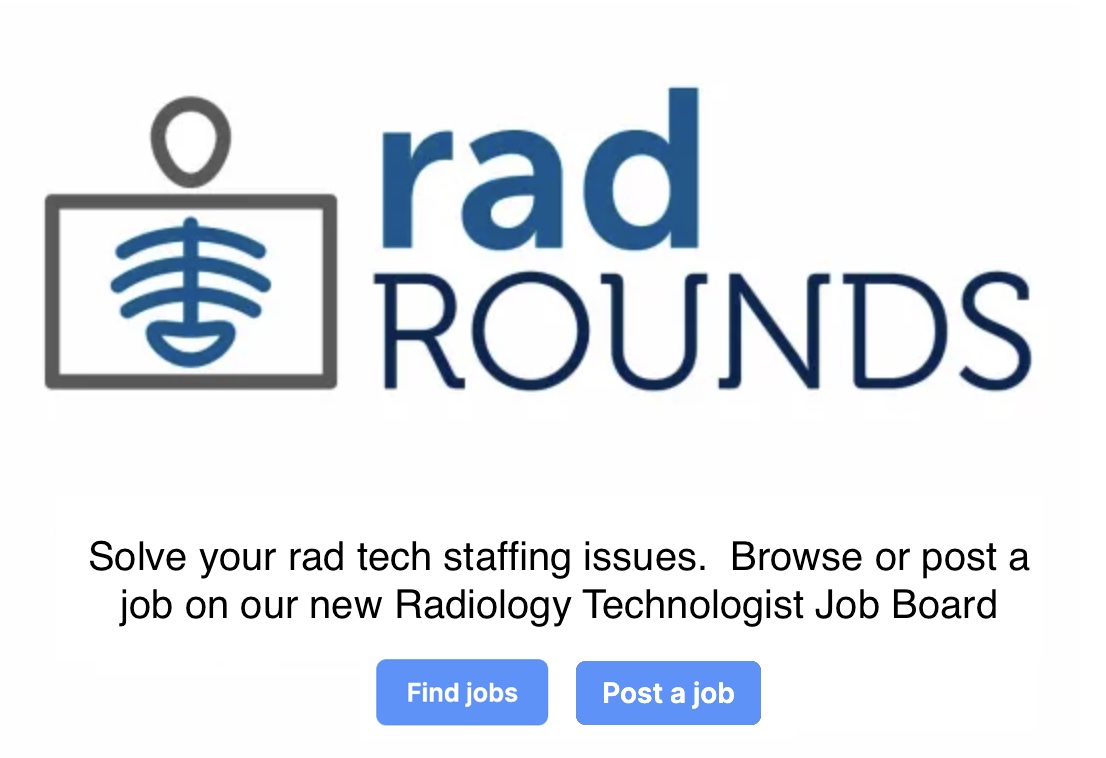The American College of Radiology and several other radiology organizations have released a consensus document analyzing the ethical implications of artificial intelligence (AI) in medical imaging. The 38-page report examines the practice of AI in radiology, and how the technology could possibly influence and change the specialty. “Most changes will be positive,” the authors write, “but some may be for the worst.”
The document promotes a discussion on how to effectively use AI while implementing standards, policies, and rules of conduct for ensuring that the technology is administered ethically and transparently. The authors recommend introducing an oversight committee to monitor the development and use of AI tools so that patients and stakeholders are fully informed that a clinical decision has been made by an algorithm. One of the challenges in doing this is that radiologists are currently relying on AI in their work while trying to grasp the most morally-sound route for using it.
Automation bias in AI is an obstacle that radiologists face and can result in omission and commission errors. The authors mention how computer-aided detection algorithms in mammography have reduced accuracy rates, and despite the fact that AI-based CAD programs have been proven more successful that traditional CAD systems, a Food and Drug Administration clearance is needed to ensure its effectiveness in clinical settings.













